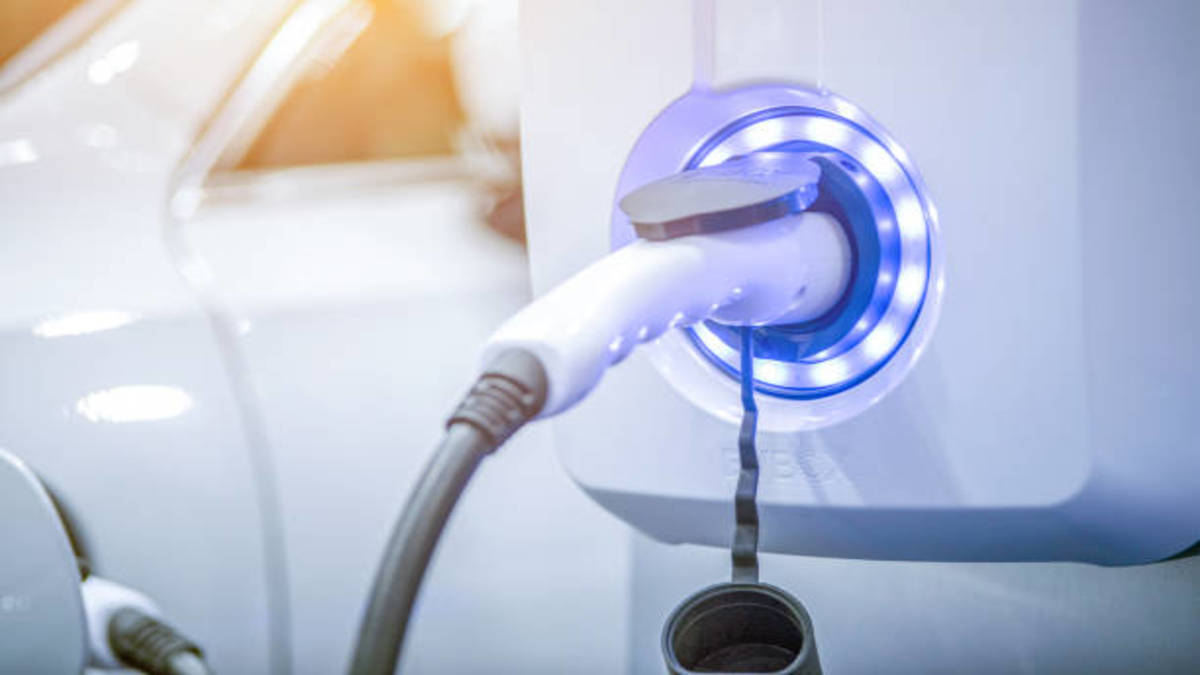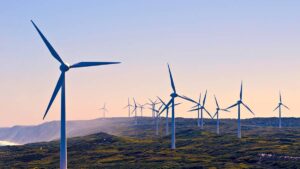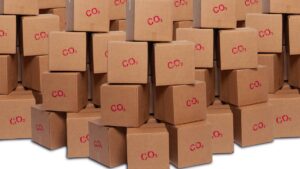Which companies will benefit from 1.7 million electric vehicles on our roads?

Pic: Getty
Prime Minister Scott Morison has announced Australia’s Future Fuels strategy today, marking an important step towards achieving net zero by 2050.
By the end of the decade, the government plans to accelerate the deployment of charging and hydrogen refuelling stations to support 1.7 million electric vehicles nationwide with the help of a $250 million government fund.
While the electric vehicle market in Australia is still young, this presents a huge opportunity for companies in a range of different sectors to lead the energy transition.
These sectors include the automotive industry, mining industry, the renewable energy industry, lithium battery makers, and battery recyclers in the long-term.
Car manufacturers
According to Electric Vehicle Council chief executive officer Behyad Jafari around half of electric vehicle sales in Australia are from Tesla.
“They will continue to benefit greatly from a growing electric vehicle market,” he said.
“We are seeing the entire automotive industry investing more in developing electric vehicles and bringing them to our country.”
“But companies like Nissan, Hyundai, MG, and others have been in the market for a few years already, and are creating more products and bringing them to Australia, so we will continue to see the benefit of that flow across the entire industry.”
Sustainable energy applications and software development
For Australia specifically Jafari said Tritium, a Brisbane-based manufacturer of electric car charging units, has a good chance of benefiting from the electric vehicle transition as does Evie Networks, who are rolling out charging stations across Australia.
“One of the great things for Australia is we have all these great Australian companies doing electric vehicles products here, as well as global companies bringing vehicles and chargers here too.”
“There are also a whole range of software development to integrate electric vehicles and their charging to the electricity system such as Jet Charge and Everty.”
What about mining stocks?
Jafari said mining stocks such as lithium and cobalt plays are serving the global demand for electric vehicles and so are already benefiting.
“The rest of the world is doing much better than we are on the uptake of electric vehicles and setting bans on combustion engines,” Jafari said.
“What’s really important for Australia is if all we get out of this transition to electric vehicles is a boost to mining stocks that’s a pretty big failure on our part.”
“We should be able to go down that value chain and do things like refining battery manufacturing, even electric vehicle manufacturing in the country – those are all opportunities which are open to us right now and are fast closing because other countries are taking them away.”
Advantages of an EV economy
Across the globe countries are starting to ban the sale of petrol and diesel by 2035.
Jafari said this means that in some of the major markets, by 2032 more than 90pc of the vehicles will be electric and by 2035, 100pc of them will be electric.
“We will see more and more countries signing up to that, they won’t want to be left with all petrol and diesel vehicles dumped on their shores,” he said.
“Australia could potentially become the dumping ground if we don’t bring ourselves up to speed with the rest of the world.”
Still, there are many advantages when considering the transition towards an electric vehicle economy.
“For drivers themselves, it will be far cheaper to run vehicles – we have this huge problem where petrol prices are so volatile, nearing up to $2 a litre in Australia,” he said.
“We haven’t seen the end of that, we will see more of the spikes come up in future years.”
“And then there are these huge potential benefits in being able to manufacture batteries and manufacture electric cars here, but this is only a possible if we are a leading nation when it comes to electric vehicles,” he said.
“At the moment we are a receiver of electric vehicle technology and if we continue to be slow at this, everybody else will gobble up those opportunities.”
Related Topics
UNLOCK INSIGHTS
Discover the untold stories of emerging ASX stocks.
Daily news and expert analysis, it's free to subscribe.
By proceeding, you confirm you understand that we handle personal information in accordance with our Privacy Policy.








